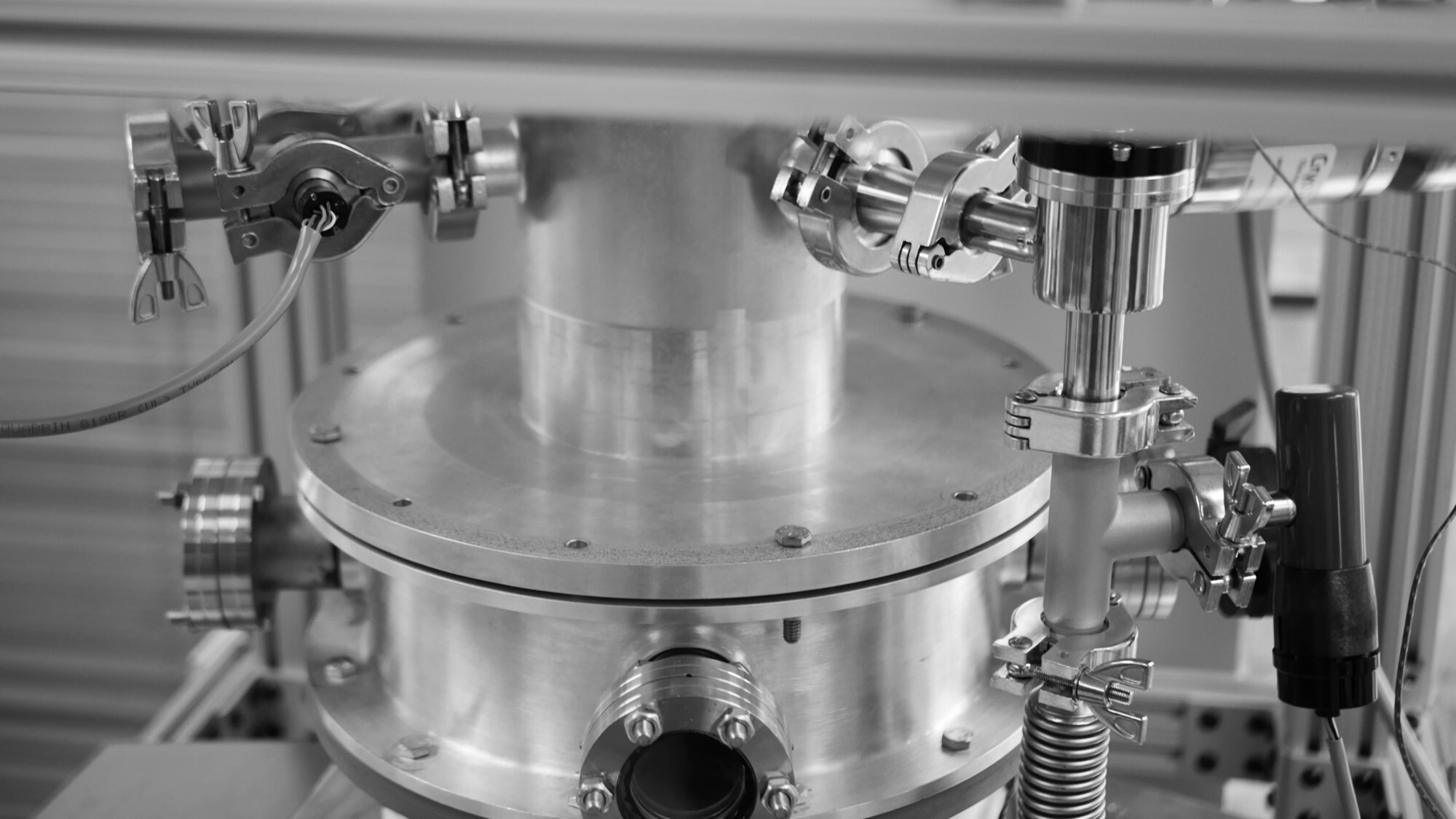Ben Jawdat, CEO, and Founder at Revterra, took time this week to tell us about he is taking a new spin to flywheel energy storage.
Here are the key takeaways of our conversation:
The Origins of Revterra
Born out of an attempt to create a contactless wheel, Jawdat designed and patented his concept for a passively stable magnetic bearing with improved load bearing capabilities. After working as a post-doc with the Air Force, Jawdat ultimately revisited his design when the patent was granted.
With multiple applications of the technology, flywheels proved the most to gain from the advantages of Jawdat’s novel technology. With energy storage being at the forefront of the next generation of green technology, coupled with a lack of innovation in the flywheel vertical, the application and market timing matched up perfectly.
The Idea
“Revterra is developing a clean, kinetic energy storage solution for long-duration energy storage for energy arbitrage and peak shaving.” By substituting a unique superconducting magnetic bearing into a traditional flywheel apparatus, Revterra can deploy this robust, long-lifespan method of storing energy to new markets and applications.
With the increased penetration of renewables into the grid, energy storage will be vital to their success. However, every energy storage solution is plagued with its own challenges. Lithium-ion batteries are declining in cost; however, they have a short useful life, use toxic materials that can pose environmental and recycling challenges, and they produce non-trivial amounts of CO2 in their production.
Flywheels solve many of these issues, as they are non-toxic, have long useful lives, high roundtrip efficiency, and little to no environmental impact. However, they have a high capital cost and lose energy due to friction or power-hungry active magnetic bearings.
Revterra seeks to alleviate these pain points using superconducting bearings to decrease energy losses in the flywheel rotor system and increase load-bearing capacity, leading to the possibility of building larger (and cheaper) flywheel energy storage systems. This means that the system can spin for longer, increasing the potential applications of the flywheel. Additionally, because the superconductor is very well insulated, there is minimal electrical input necessary to keep the system spinning once it is cold.
The Current Market and The Future of Energy
With energy storage seen as the next major step in the green revolution, capital and interest have been pouring into startups. With advancements in lithium-ion batteries, hydrogen power, molten salts, and now flywheels, there is no shortage of technologies being explored. At the same time, superconductor economics has become more favorable as nuclear fusion power has been driving demand for superconducting tape. With these two combined, the market timing for Revterra could not be more favorable.
Ancillary technologies, such as the cryocooler, are becoming more efficient, trustworthy, and cheaper. Cryogen-free cryocoolers do not use hydrogen or helium to maintain a compound’s superconducting state. This well-tested technology provides a cost-effective solution to obtaining and maintaining superconductivity, allowing for Revterra’s systems to operate effectively.
The future of energy will need to see continuous technological improvements and discoveries. While renewable energy costs have dropped drastically over the last two decades, these systems only fill the urgent need. With society’s energy demand increasing, we will need to get more creative in how we generate electricity.
To meet this demand, we will need more energy-dense sources as to not cover a substantial amount of land in solar panels and wind turbines. But to bridge that gap, we need to solve the missing piece right now: energy storage.
About The Author
Matt is an Impact Investment Fellow with Vectors Angels as a part of the organization’s sustainability team. While most disciplined in power generation and energy storage, Matt takes on a wide array of technologies in the sector.
Leveraging these skills, Matt works with early-stage startups on fundraising and go-to-market strategies, understanding their market, and competitor due diligence.
Matt holds a BS in Finance and Economics from Boston College and an MEng from Boston University in Materials Science & Engineering. Matt’s graduate research and passion focused on the impact fundraising mechanisms and financial institutions have on the success of startups in the renewable energy and cleantech industries. His current interests involve developing new financial instruments to fund demo and pilot “tough tech” projects and closing the commercialization gap.

